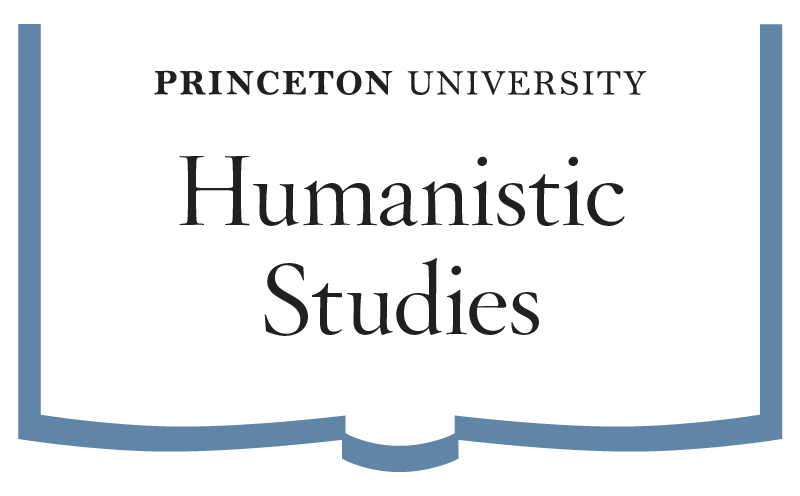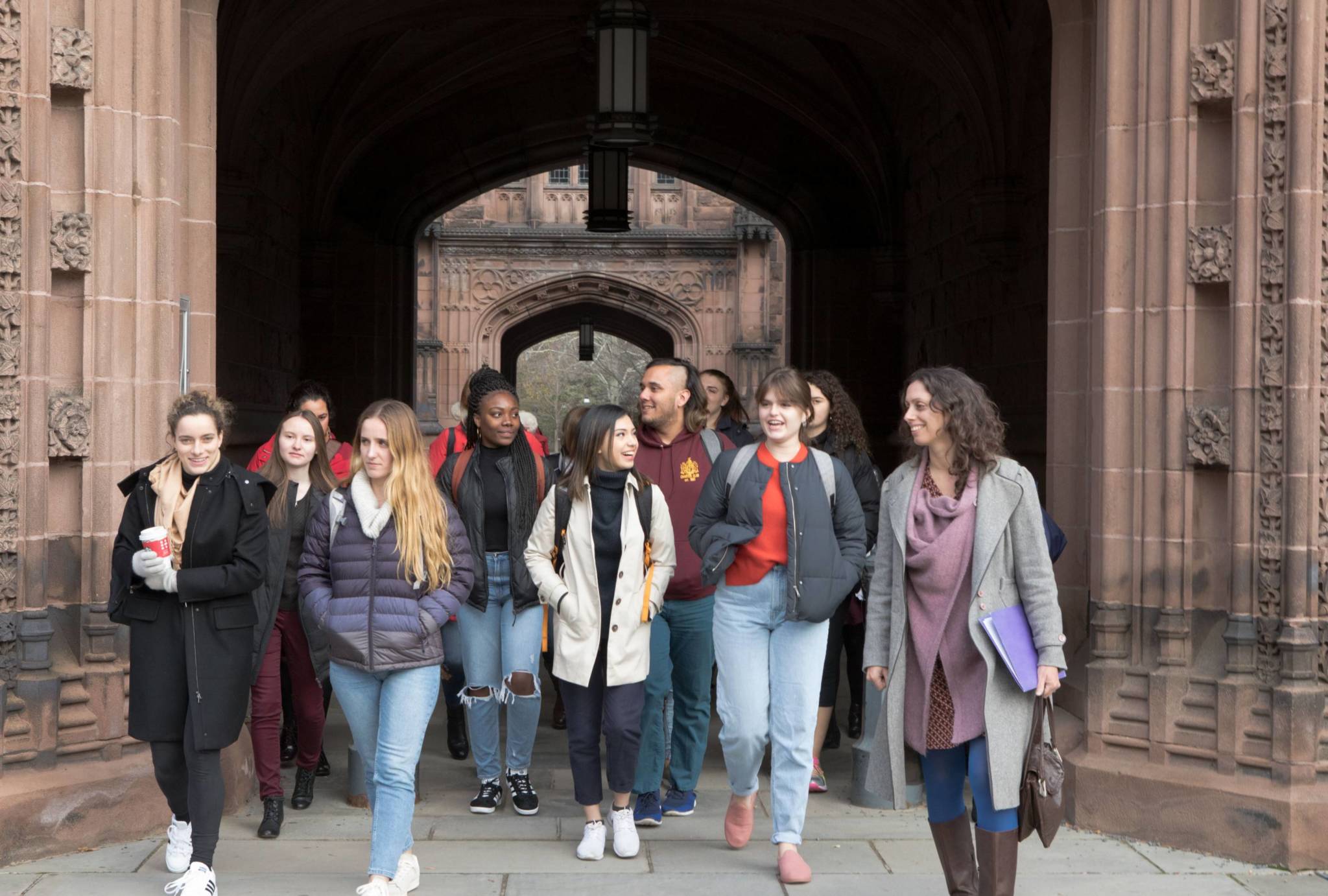In what ways might a short story by Tolstoy or a novel by Toni Morrison illuminate aspects of medicine or disease that a medical textbook can’t? And why might this engage students in the humanities as well as the sciences?
The Humanistic Studies (HUM 302) course “Medical Story-Worlds,” being taught at Princeton for the first time this fall, addresses questions around illness, health and the human body through a wide range of literary texts from all over the world.
Elena Fratto, an assistant professor of Slavic languages and literatures, and Tala Khanmalek, a postdoctoral research associate in the programs in gender and sexuality studies and American studies, are co-teaching the course.
“Medical Story-Worlds” is a project funded by the David A. Gardner ’69 Magic Project Grants under the auspices of the Humanities Council. It includes a pedagogical component — the undergraduate course — and a research component called the Bodies of Knowledge Working Group. The group is hosted by Fratto and Khanmalek and is meeting for several events throughout this year, each led by a scholar from another academic institution. “Its purpose is to engage faculty, graduate students, staff and members of the Princeton community in questions around illness, health and the body from a wide range of viewpoints,” Fratto said.













